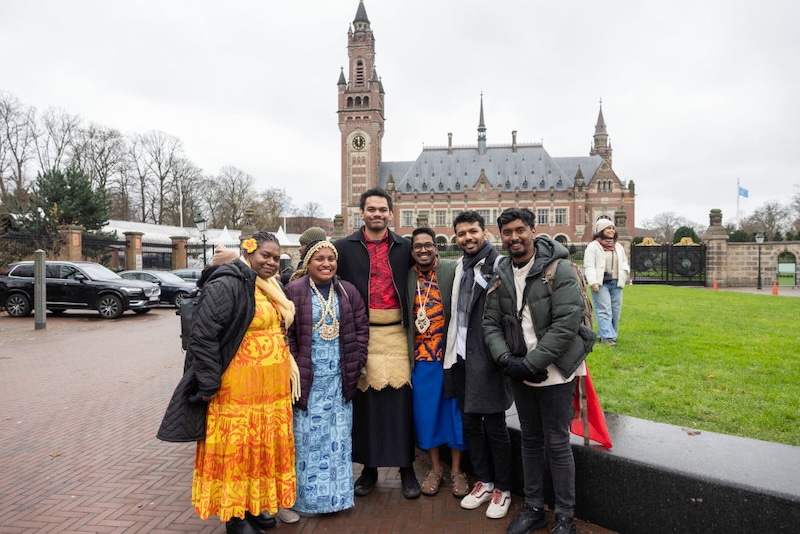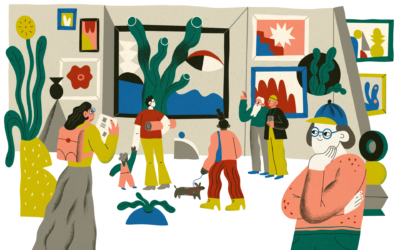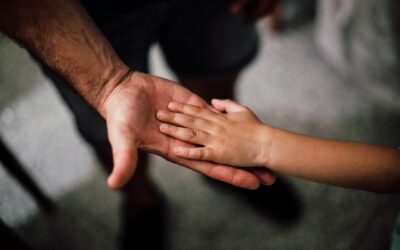This post was originally published on Eco Watch
The International Court of Justice (ICJ) — the United Nations’ highest court — began hearings on Monday in the biggest case in its history. The hearings involve what legal obligations States have when it comes to climate change.
The proceedings represent efforts by the international community to formulate a legal framework to address the climate crisis.
“Climate change for us is not a distant threat,” Vishal Prasad, director of Pacific Islands Students Fighting Climate Change — a group active in bringing the legal action — told journalists before the hearings, as The Guardian reported. “It is reshaping our lives right now. Our islands are at risk. Our communities face disruptive change at a rate and scale that generations before us have not known.”
Vanuatu was the first country to present arguments at the hearings. The South Pacific nation of small islands urged the UN court to address the harms caused by climate change and the legal obligation of “a handful of readily identifiable states” to address their contributions to global heating and its impacts.
It is expected that a record amount of oral statements will be presented to the ICJ during the hearings, which will continue until December 13 in the Hague, Netherlands, reported UN News.
Following the hearings, the ICJ will issue an advisory opinion — expected in 2025 — to clarify the legal obligations of States under international law, as well as the consequences for breaching those duties.
ICJ’s advisory opinions are not legally binding, but experts say they clarify law and are authoritative documents that will be referred to in future climate litigation, as well as during international climate negotiations, The Guardian said in another report.
Ralph Regenvanu, special climate change and environment envoy representing Vanuatu, told the ICJ judges that the “readily identifiable states” responsible for the climate crisis had produced most of the world’s greenhouse gas emissions while being the least affected by them.
The court heard testimony on how Vanuatu and other Pacific island states bear the brunt of more frequent and severe climate disasters, including rising sea levels.
“We find ourselves on the frontlines of a crisis we did not create,” Regenvanu said, as The Guardian reported.
The hearing was the result of diplomacy led by Vanuatu and years of work by Pacific island law students.
During the hearings, 98 countries will give statements, including wealthy nations most responsible for the climate crisis such as the United States, China, Russia and the United Kingdom.
Though the decision will not be legally binding, advisory opinions have “an authoritative value and cannot be neglected,” the ICJ Registrar said in a recent UN News interview.
UN Secretary-General António Guterres said the advisory opinion will assist the UN, General Assembly and Member States to “take the bolder and stronger climate action that our world so desperately needs,” as reported by UN News.
“It could also guide the actions and conduct of States in their relations with each other, as well as towards their own citizens. This is essential,” Guterres stressed.
The post UN’s Top Court Begins Hearings on Landmark Climate Case appeared first on EcoWatch.






0 Comments